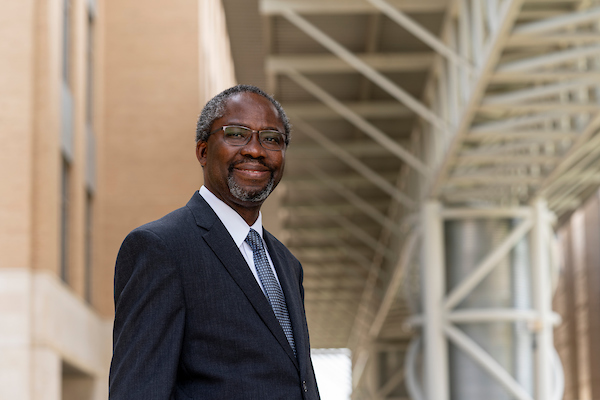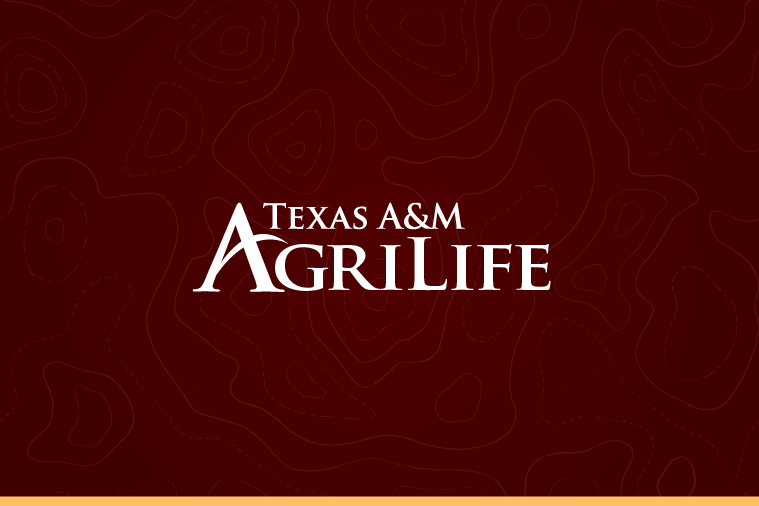Fadamiro announced as Entomological Society of America Fellow Award recipient
Internationally acclaimed entomologist among four honored

Henry Fadamiro, Ph.D., associate vice president for research and strategic initiatives in the Texas A&M University Division of Research and professor in the Department of Entomology, is one of four entomologists elected by the Entomological Society of America, ESA, as a Fellow of the Society for 2024.
The ESA is the largest organization in the world serving the professional and scientific needs of entomologists and people in related disciplines.
Fadamiro previously served as chief scientific officer and associate director for Texas A&M AgriLife Research and as associate dean in the Texas A&M College of Agriculture and Life Sciences.
“Texas A&M and the Department of Entomology are extremely proud of Dr. Fadamiro for receiving this prestigious award in recognition of a career of remarkable accomplishments and impacts,” said Phillip Kaufman, Ph.D., professor and head of the Department of Entomology.
“Dr. Fadamiro’s recognition by the Entomological Society of America as a top chemical ecologist and champion of integrated pest management is well deserved and demonstrates his commitment to quality science that has improved agricultural production while improving human health.”
Fadamiro will be formally recognized during ESA’s Entomology 2024 conference, which will be held Nov. 10-13 in Phoenix. Election as a Fellow of ESA acknowledges outstanding contributions to entomology through research, teaching, extension, administration, military service or public engagement and science policy.
An established researcher
Born in Ondo, Nigeria, Fadamiro is internationally known for his research on insect behavior, integrated pest management and chemical ecology. He has received more than $20 million in research grants, published over 130 scientific publications and 100 Extension-related articles, and holds multiple patents.
Fadamiro’s research uses a multidisciplinary approach to address fundamental questions in mechanisms of olfaction and plant-insect interactions. The translational aspect of his research involves developing and implementing odor-based tools, biological control and other integrated pest management tactics in row and specialty crops.
He has developed courses in entomology and mentored more than 40 graduate students and postdoctoral researchers.





